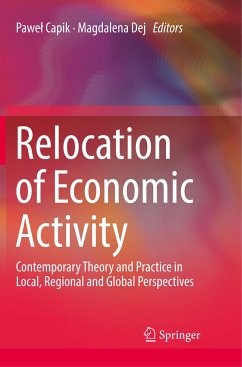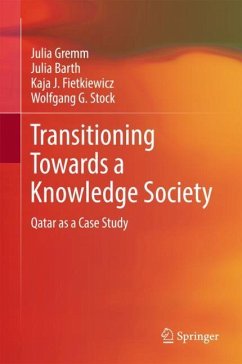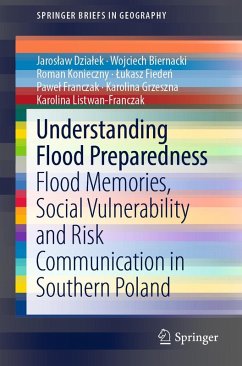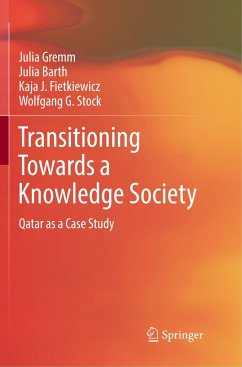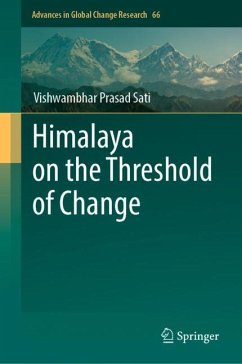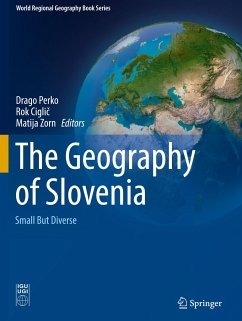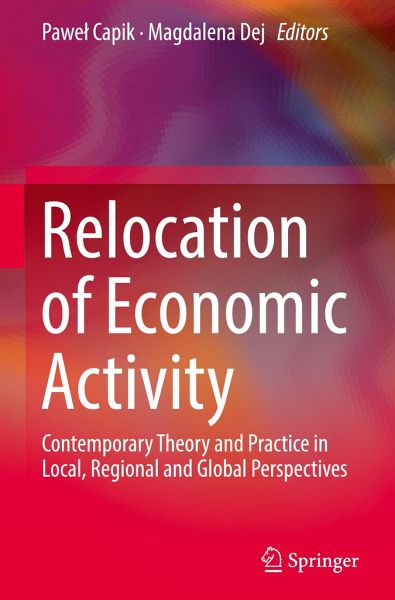
Relocation of Economic Activity
Contemporary Theory and Practice in Local, Regional and Global Perspectives
Herausgegeben: Capik, Pawel; Dej, Magdalena

PAYBACK Punkte
19 °P sammeln!
This timely volume provides a thorough analysis of current trends in location and relocation of economic activity globally, regionally and locally. Using robust empirical material this book offers a multidisciplinary, comprehensive overview, critique and extension of long-established theories underpinning patterns of firm (re)location. It explores dominant trends in the mobility and relocation of industries and firms, examines the factors guiding such trends and evaluates their consequences in both developed and emerging economies in Europe, Asia and Latin America.This book will be appreciated...
This timely volume provides a thorough analysis of current trends in location and relocation of economic activity globally, regionally and locally. Using robust empirical material this book offers a multidisciplinary, comprehensive overview, critique and extension of long-established theories underpinning patterns of firm (re)location. It explores dominant trends in the mobility and relocation of industries and firms, examines the factors guiding such trends and evaluates their consequences in both developed and emerging economies in Europe, Asia and Latin America.
This book will be appreciated by diverse audiences. Geography and regional science researchers of 'economic activity location' can engage with the critical appraisal of key theoretical concepts and an analysis of recent empirical data. Students of human and economic geography, planning, regional development, and global supply chain management in senior years of undergraduate programmes and completing postgraduate degrees will appreciate the accessible language, multiple examples and graphical illustrations of theoretical frameworks underpinning location and relocation of firms and industries, and its consequences. Practitioners, including local and regional policy makers and location consultants will enjoy the comparative discussion of solutions and practices adopted in localities, regions and countries as diverse as China, Brazil, The Netherlands and Poland.
This book will be appreciated by diverse audiences. Geography and regional science researchers of 'economic activity location' can engage with the critical appraisal of key theoretical concepts and an analysis of recent empirical data. Students of human and economic geography, planning, regional development, and global supply chain management in senior years of undergraduate programmes and completing postgraduate degrees will appreciate the accessible language, multiple examples and graphical illustrations of theoretical frameworks underpinning location and relocation of firms and industries, and its consequences. Practitioners, including local and regional policy makers and location consultants will enjoy the comparative discussion of solutions and practices adopted in localities, regions and countries as diverse as China, Brazil, The Netherlands and Poland.



